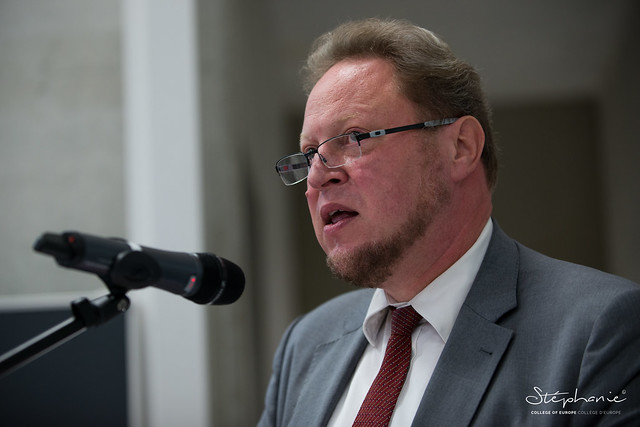
This international workshop seeks to gather academics, practitioners, activists and students to discuss the situation of civil society in the ENP countries.
The workshop has a double goal.
First, it seeks to critically assess the situation of civil society in the Southern and Eastern neighbourhood countries, evaluate the results of the ENP civil society promotion efforts and the effects of the ongoing political transformation in the region on civil society.
Second, the workshop intends to build on the assessments of the weakness of civil society in the region and the difficulties of democratic consolidation. However, it also intends to go beyond these aspects by discussing institutional conditions of civil society consolidation and by trying to understand the socio-political conditions under which civil society can be successfully involved in democratic transitions, while also taking into account the risks — including the personal risks for civil society and activists — of anti-protest backlash and violence.
Photos
| 9:00-09:30 | Keynote speech by Michael KÖHLER, Director Neighbourhood South – DG NEAR-B |
| 09:30–11:00 |
Evaluating the ENP Civil Society Promotion Dimension Panellists: Giselle BOSSE (Maastricht University / College of Europe); Mikael ERBS-JORGENSEN (Civil Society Support Centre, European Commission); Myriam GOINARD (Directorate-General for External Policies of the Union, European Parliament) Discussant: Riccardo TROBBIANI (College of Europe/UNU-CRIS) |
| 11:00-11:30 | Coffee break |
| 11:30 - 13:00 | Civil Society and Political Changes in the Neighbourhood: Leadership, Backlashes and the Problems of Democratic Consolidation
Chair: Giselle BOSSE (Maastricht University / College of Europe)
|
| 13:00 - 14:30 | Walking lunch |
| 14:30 - 17:00 | Roundtable on Institutional Safeguards for a Strong Civil Society
Chair: Philippe PERCHOC (European Parliamentary Research Service / College of Europe) Panellists: Andrew BRADLEY (International Institute for Democracy and Electoral Assistance); Charline CHAUVART (Solidar); Elisabeth JOHANSSON-NOGUES (Institut Barcelona d’Estudis Internacionals / Centre of International Studies - London School of Economics and Political Science); Iskra KIROVA (Open Society European Policy Institute), Gianluca SGUEO (New York University, Florence); Discussant: Ruth FERRERO TURRIÓN (Universidad Complutense de Madrid) |
| 17:00-18:30 | Reception |
For more information, please contact Professor Luis BOUZA.
Participation is free of charge. However, registration is necessary before 17 October 2017 at 12:00 (noon). In case you are unable to attend the workshop, we would be grateful if you could please inform us.
